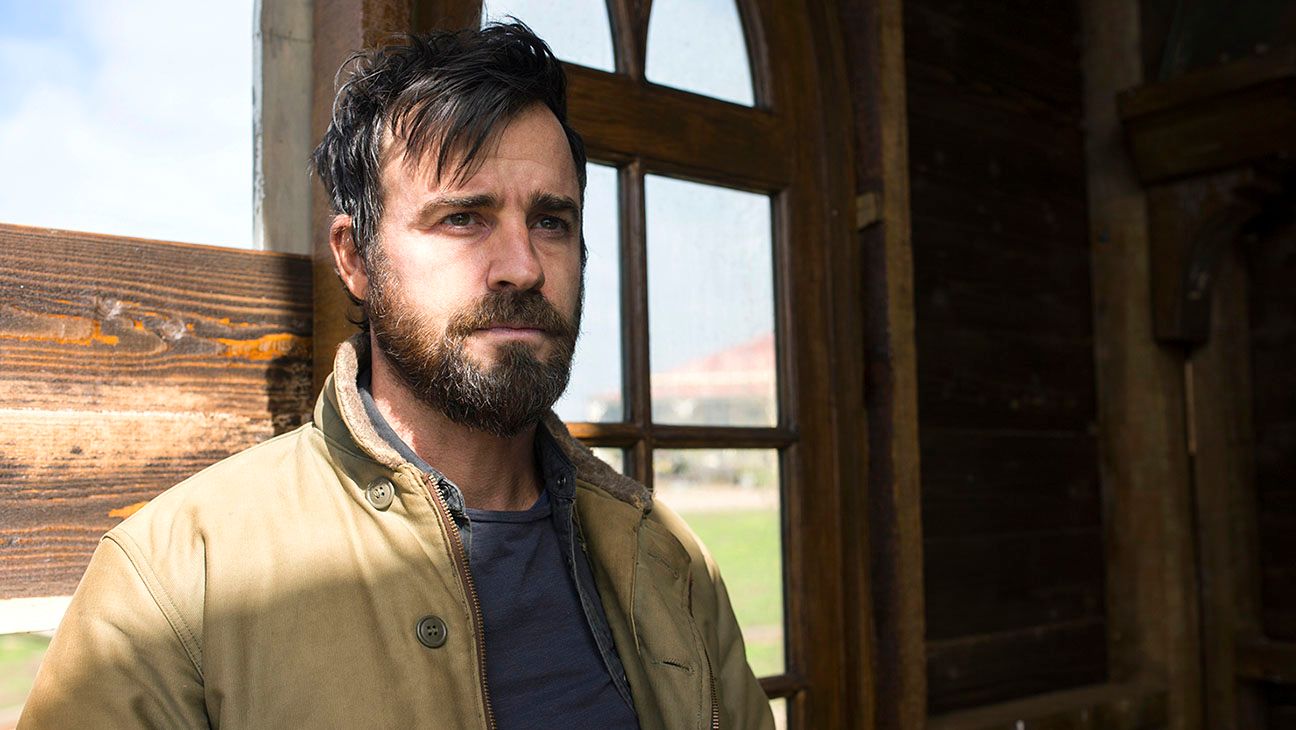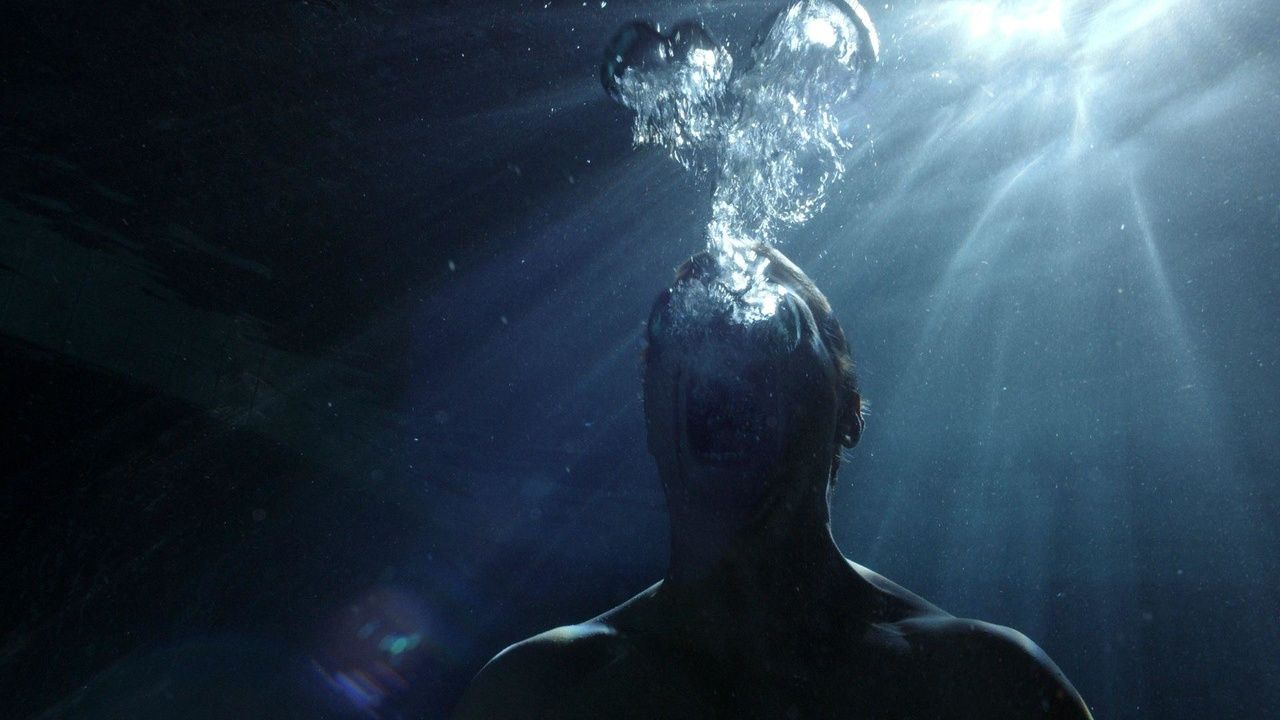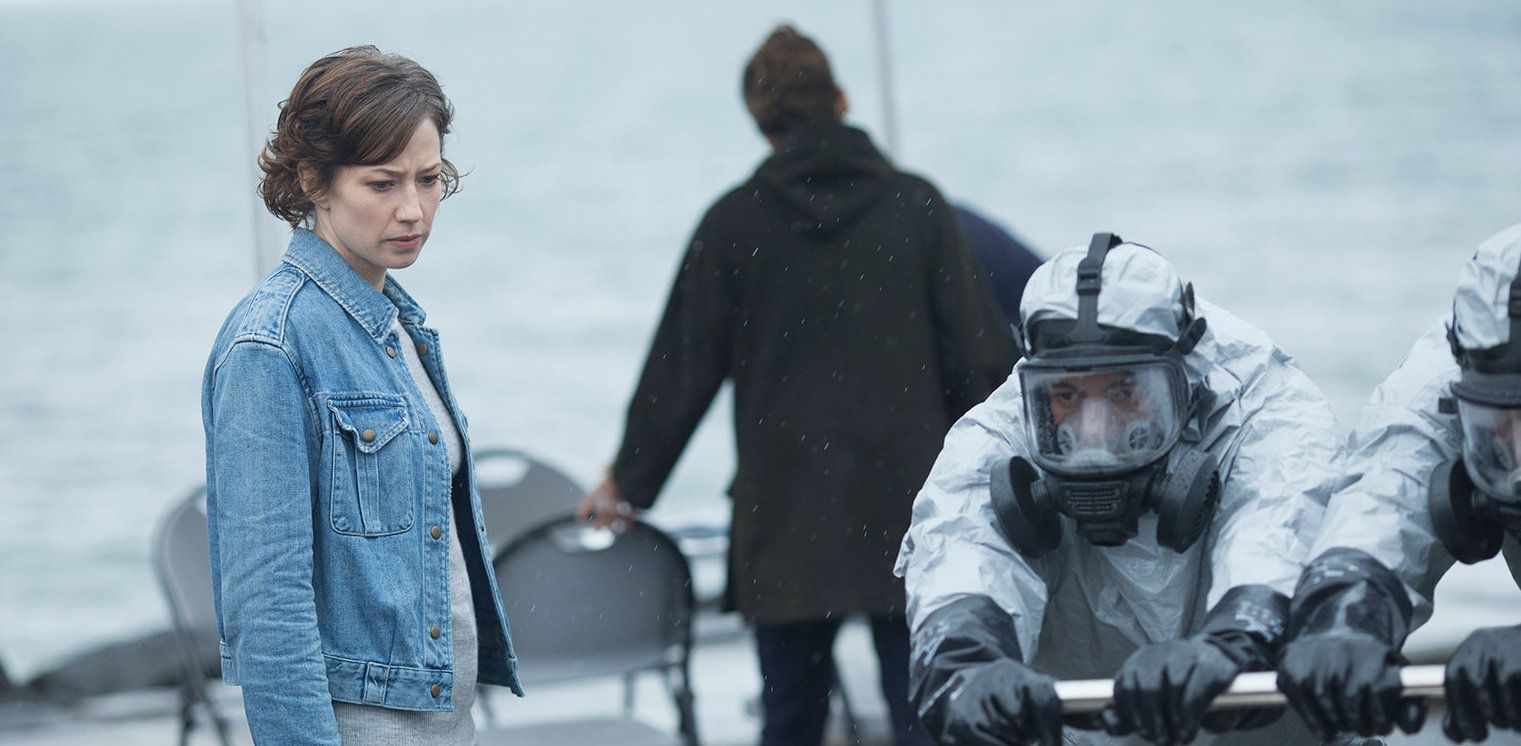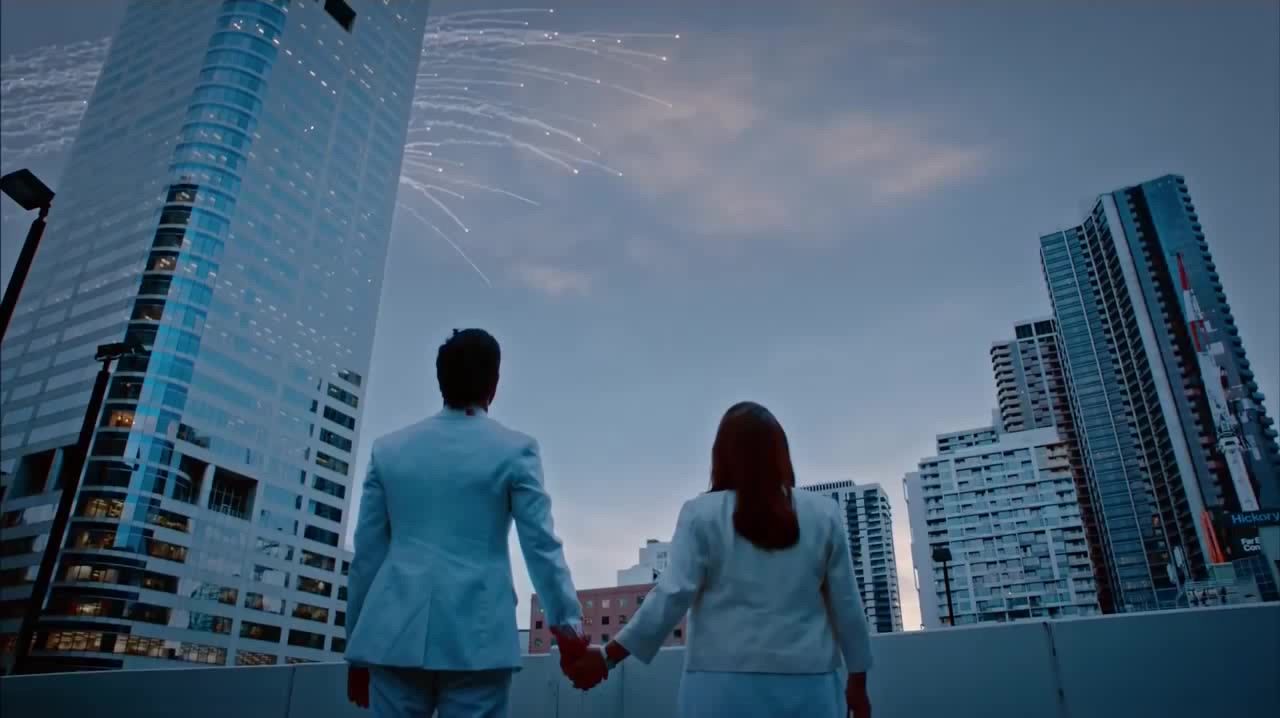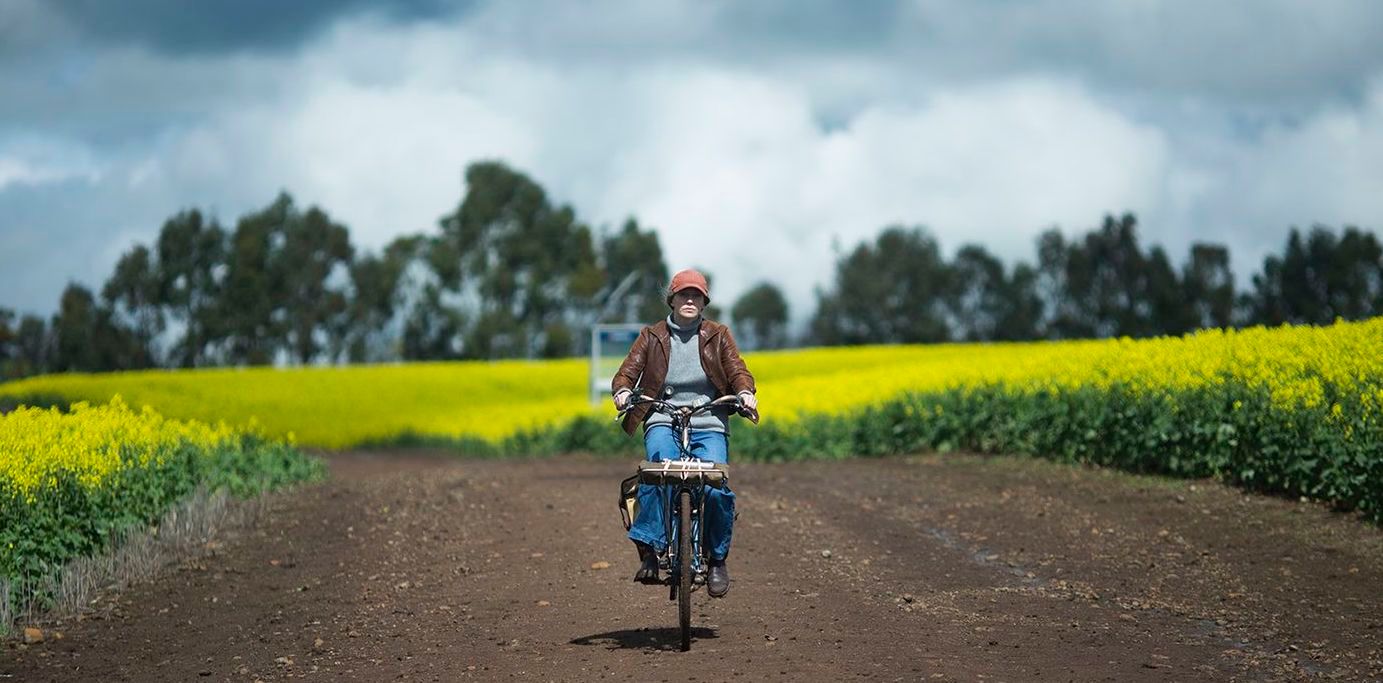HBO has been the defining force of Television's "Second Golden Age," churning out hit after hit in the last two decades. The Wire, The Sopranos, Game of Thrones, Six Feet Under, The Leftovers…which one of these is not like the other, and doesn't seem to belong? If you said The Leftovers, think again. Then, watch all three seasons on HBO Max and thank us later. The show struggled with viewership after the heavy emotional material of the first season, though it only got better as it aired. It ended in 2017 as a little-seen blip in the crowded field of '10s TV. But those who had seen it couldn't stop talking about it.
The Leftovers was showrunner Damon Lindelof's follow-up to the massive success of Lost and certainly shared some things with its predecessor. Like Lost, The Leftovers begins in the aftermath of a disaster, albeit with fewer palm trees and commercial breaks to lighten things up. This time, Lindelof works with novelist Tom Perotta, dropping us into the grim landscape of Mapleton, NY, USA, Planet Earth. A planet that has, three years before the beginning of the show, lost two percent of its population in an event known as "The Departure."
The show follows the Garvey family and a web of their friends and connections as they search for meaning in the wake of the Departure. What begins as a supernatural mystery becomes a harrowing drama that speaks to profound truths of humanity, and watching its characters search for and instill meaning in their uncertain world carries new weight during the pandemic. Let's take a look at the reasons this show deserves a place among HBO's best.
Diving Deeper Than Plot
While Lindelof and Perrotta get a lot of mileage from the show's interesting concept, they eventually surpass the scope of Perrotta's original novel to bring a deeper story to their audience. The Departure isn't an apocalypse, but it feels like one to the characters. They have to find, somehow, a way to keep going. Each episode of The Leftovers resonantly asks: "how do we move on, when our world has ended?" The answer is a little different each time and for every character. Often, it's: "we don't."
The real magic happens when the show digs into its characters. Patriarch Kevin (Justin Theroux) is having strange visions and sleepwalking. Theroux gives a career-defining performance as Kevin, who is many things throughout the show, but always is a mess: a bad husband, an alcoholic, an insane cop coerced into shooting dogs, a murderer, a president, the Second Coming. His ex-wife Laurie (Amy Brenneman) is a former therapist who has joined a cult called the Guilty Remnant. She used to help patients through trauma, but now she helps the Guilty Remnant ensure no one forgets the Departure--by any means necessary. Nora (Carrie Coon) is a mother whose entire family has vanished before her eyes and now works for the government as an investigator of Departure-related claims. While these characters and their choices might sound alien, they are some of the most realistic to ever grace the small screen. Through these complex, flawed characters, a resonant story of loss emerges, one that runs far deeper than the show's initial mystery.
Evolving With Its Characters
While interrogating the ways its characters cope, The Leftovers constantly pushes its storyline into new territory over the course of its three seasons. It follows the Garveys and co. from New York to Texas to Australia as they run from, and eventually confront, their problems. As the show's audience shrank, the characters grew and the show began to dive deeper and take even more rewarding risks.
Never has a show evolved as much, all while remaining entirely true to its core themes. And never has character development hit quite as hard as it does in The Leftovers' final season. No character sums this up better than Nora Durst, portrayed by the unforgettable and staggeringly good Carrie Coon. Nora begins the series with nothing, having lost her family to the Departure. We learn, over the course of the series, about her obsession with truth. In Guest, a standout episode from season one, she obsesses over a conference-goer who has stolen her nametag. We also gain insight into just how unable, and unwilling, she is to forget her loss. She seeks out pain, hiring an escort to shoot her while she wears a bulletproof vest. As years pass, Nora goes to increasingly extreme means to find out what happened to her family. After she gets romantically involved with Kevin, her obsession with the truth collides with his delusion about it. Her changing quest for truth parallels the viewer's, and her development is central to the show's evolution from a story of loss to one of healing.
Playing With Tone, Humor, and Justin Theroux
Despite its reputation for being suffocatingly melancholy and serious, The Leftovers keeps a dark sense of humor about it, especially when it plays with traditional ideas of masculinity with existentially-plagued protagonist Kevin Garvey. While Kevin appears tough, he's a cowardly little boy on the inside, unsure of his own identity and even who is ideal self is, constantly running from his mistakes.
Two of the show's most memorable episodes, International Assassin and The Most Powerful Man in the World (and His Identical Twin Brother), epitomize its unique mix of humor and emotional heft. In both, Kevin finds himself in an absurdist version of purgatory that parodies action movie tropes, giving new meaning to the "life or death" stakes of his world-saving assassination mission. Though Kevin is cast in a laughably grandiose role as the hero, he is confronting his own failings in the only language he has.
There's also a ton of running jokes and references to a famously revealing jogging scene in season one. Yes, ironically, this profound show may have started or at least popularized the "gray sweatpants'' meme. Let's not make that its biggest legacy, please. Let's also remember Kevin's horrible but moving karaoke performance at the heart of the season two finale, another amazing trip into the hilarious, touchingly absurd. Theroux's expert performance allows us to both make light of and deeply sympathize with Kevin's flaws.
Trusting (and Surprising) Its Audience
The Leftovers never stops subverting expectations. “I love the idea of doing stuff that will make people say, ‘I hate this, those pretentious f—s,'” Lindelof told The Hollywood Reporter. How can anyone forget the cold open of season two? Those ten puzzling but fascinating minutes, following a cave woman who loses her tribe, signifies a show that is trusting its audience. Even if we might not get what's happening right away, it's gratifying to be trusted as a viewer.
As the show progresses, Lindelof leans into rich symbolism, surrealism, biblical allusions, and extended dream sequences, refusing to explain anything away or spoon-feed the audience. It's often hard to determine if these supernatural and religious elements are real or manifestations of the characters' understandings of their world. Is Kevin actually talking to ghosts, or is he going crazy?
At times, The Leftovers' desire to push the limits of television and test their audience feels similar to Twin Peaks. While the shows are decidedly different in tone and style, they both brought a cinematic sensibility to serial TV. And yes, The Leftovers oozes cinematic credibility, from Max Richter's incredibly moving score (one of his most popular, period) to the lush cinematography. While this may heighten moments of pretension early in the show's run, it helps hit home the most powerful moments of emotional catharsis in the latter seasons.
One of the Best Endings in Television
Lost's finale was famously controversial, and its turbulent reception reverberated throughout the run of The Leftovers. How could Lindelof atone for his past mistakes? Through nailing the ending of his next show. By the end of The Leftovers run, viewers had been trained not to expect easy answers. They knew that in the show's world, much like in our own, there are many things we will never know for certain. We tell ourselves stories, the show argues, to cope with loss, and to give our lives purpose.
The Leftovers is full of stories, big and small, but none as important as the one Nora tells Kevin in the finale. Shot in the deep greens and heavenly blues of the Australian countryside, it's easy to wonder, for a second, if the finale is taking place on Earth at all. But the familiar mundanity of the characters creeps in as the two estranged lovers appear to be reunited, and Nora tells Kevin a heart-wrenching story: she finally found her children. Or she didn't. The beauty of it is that it can be interpreted multiple ways.
Nora's story can be an explanation for the question of where the departed went, or it could be the ultimate story within a story: Nora convincing Kevin, and herself, of something that will give her peace, even if it's a lie. "Do you believe me?" Nora asks Kevin, and the audience, too. The ending reduces you to tears. It fills you with hope. Then, it leaves you wondering, as only the greatest shows can do, how anything can ever measure up to what you've just seen.

